What Is Nvr Security Camera System?
In today's world, security is a paramount concern for both residential and commercial properties. With the advancement of technology, security systems have evolved significantly, offering more sophisticated and reliable solutions. One such advancement is the Network Video Recorder (NVR) security camera system. This article aims to provide a comprehensive understanding of NVR security camera systems, their benefits, and practical applications.
Understanding NVR Security Camera Systems
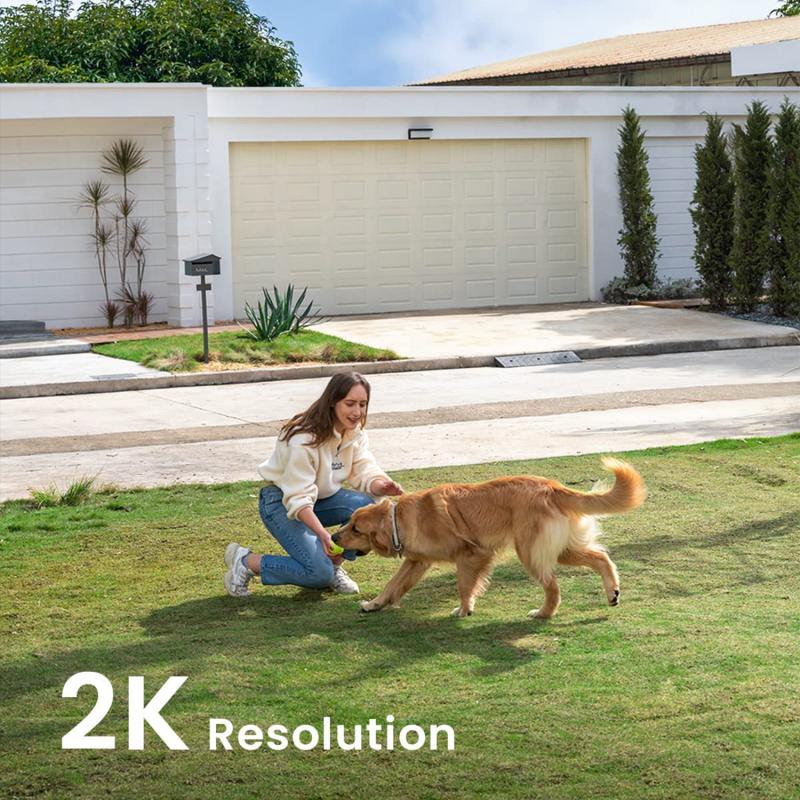
An NVR security camera system is a type of video surveillance system that records video footage directly from network cameras (IP cameras) over a network. Unlike traditional analog systems that use coaxial cables, NVR systems utilize Ethernet cables, which allow for higher resolution video and more flexible installation options.
Components of an NVR System
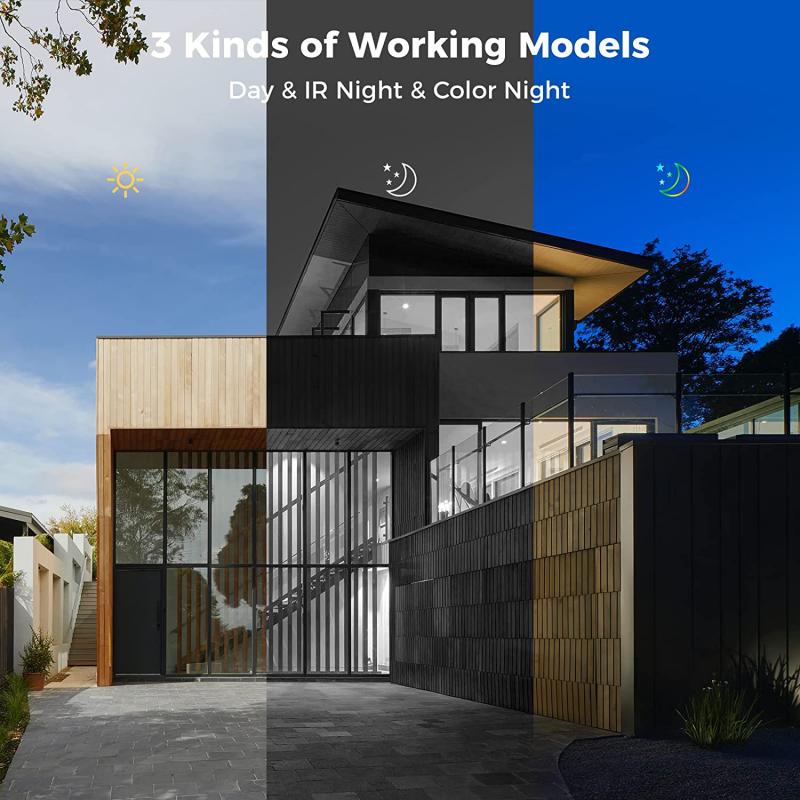
1. NVR (Network Video Recorder): The central unit that records and stores video footage from IP cameras. It can be a standalone device or software installed on a computer.
2. IP Cameras: Cameras that capture video and transmit it over a network. These cameras can be wired or wireless.
3. Network Switch: A device that connects multiple IP cameras to the NVR and ensures smooth data transmission.
4. Storage: Hard drives or cloud storage where the recorded footage is stored.
5. Cabling: Ethernet cables (Cat5e or Cat6) that connect the IP cameras to the NVR and network switch.
Benefits of NVR Security Camera Systems
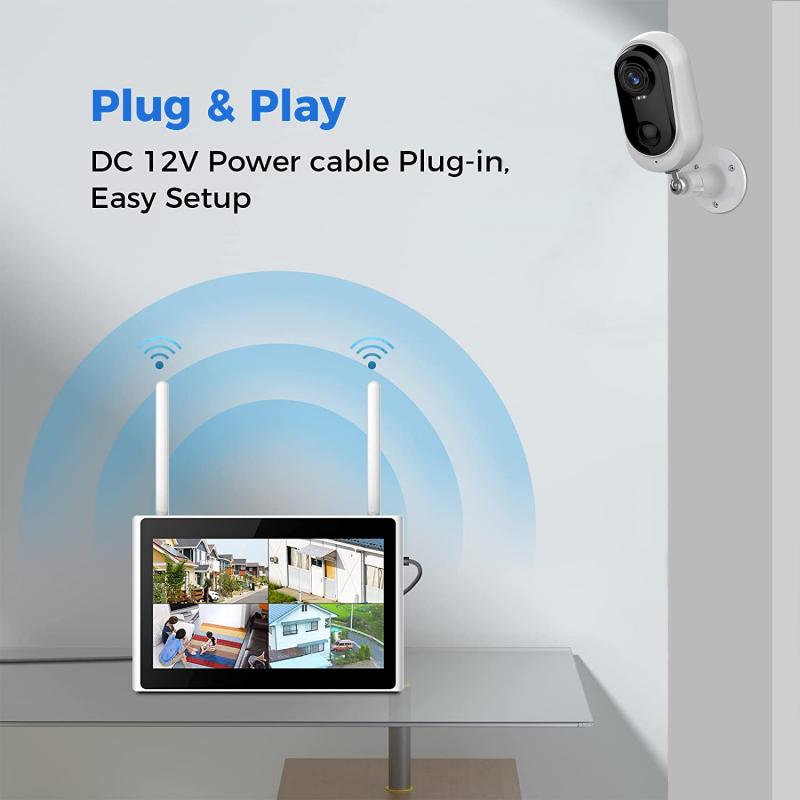
High-Quality Video
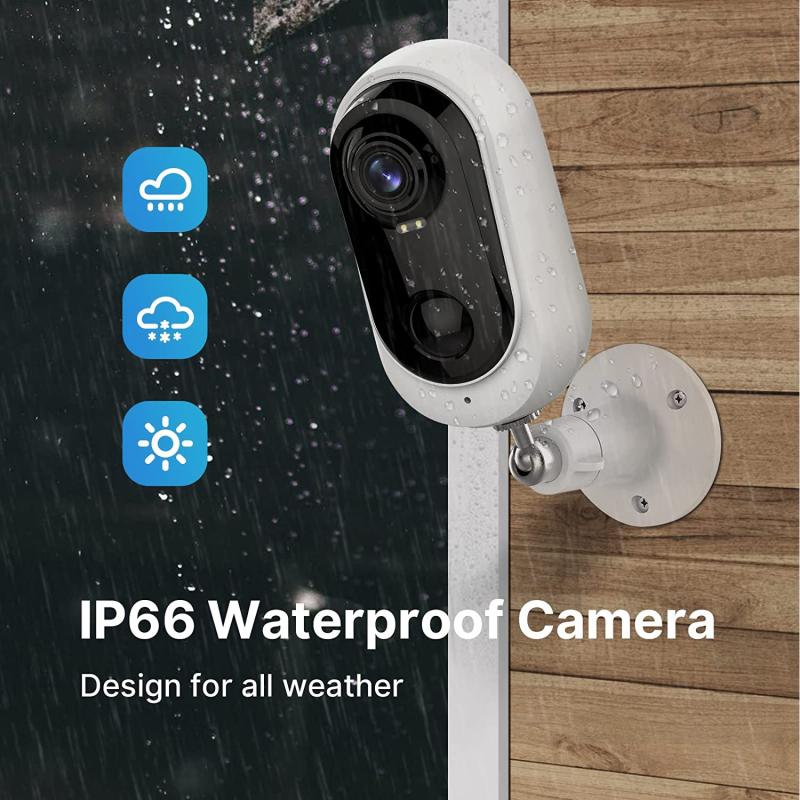
One of the most significant advantages of NVR systems is the high-quality video they provide. IP cameras can capture video in resolutions ranging from 1080p to 4K, ensuring clear and detailed footage. This high resolution is crucial for identifying faces, license plates, and other critical details.
Scalability
NVR systems are highly scalable, making them suitable for both small and large installations. You can start with a few cameras and easily add more as your needs grow. This flexibility is particularly beneficial for businesses that may expand their premises or require additional surveillance coverage over time.
Remote Access
With an NVR system, you can access your video footage remotely via a smartphone, tablet, or computer. This feature allows you to monitor your property in real-time, no matter where you are. Remote access is particularly useful for business owners who need to keep an eye on multiple locations.
Advanced Features
NVR systems come with a range of advanced features that enhance security and surveillance capabilities. These include motion detection, facial recognition, license plate recognition, and integration with other security systems such as alarms and access control. These features provide a comprehensive security solution that can be tailored to specific needs.
Easy Installation and Maintenance
Compared to traditional analog systems, NVR systems are easier to install and maintain. The use of Ethernet cables simplifies the wiring process, and Power over Ethernet (PoE) technology allows both power and data to be transmitted through a single cable. This reduces the need for additional power sources and makes the installation process more straightforward.
Practical Applications of NVR Security Camera Systems
Residential Security
For homeowners, NVR systems offer a reliable way to monitor and protect their property. High-resolution cameras can cover entry points, driveways, and other critical areas, providing peace of mind. The ability to access footage remotely means you can check on your home while on vacation or at work.
Commercial Security
Businesses of all sizes can benefit from NVR systems. Retail stores can use them to prevent theft and monitor customer behavior, while offices can ensure the safety of employees and assets. The scalability of NVR systems makes them ideal for large commercial properties such as warehouses and factories.
Public Safety
NVR systems are also used in public safety applications, such as monitoring streets, parks, and public buildings. High-resolution cameras can help law enforcement agencies identify suspects and gather evidence. The advanced features of NVR systems, such as facial recognition, can enhance public safety efforts.
Industrial and Manufacturing
In industrial and manufacturing settings, NVR systems can be used to monitor production lines, ensure worker safety, and prevent unauthorized access. The high-resolution footage can help identify potential hazards and improve overall operational efficiency.
Choosing the Right NVR System
When selecting an NVR system, several factors need to be considered to ensure it meets your specific needs.
Number of Channels
The number of channels refers to the number of cameras the NVR can support. It's essential to choose an NVR with enough channels to accommodate your current and future needs. For example, if you plan to install eight cameras, an NVR with at least eight channels is required.
Storage Capacity
The storage capacity of the NVR determines how much video footage can be stored. Consider the resolution of your cameras and the retention period you require. Higher resolution footage takes up more storage space, so it's crucial to choose an NVR with sufficient storage capacity or the ability to expand storage.
PoE Support
Power over Ethernet (PoE) simplifies the installation process by allowing both power and data to be transmitted through a single cable. Ensure that your NVR and IP cameras support PoE to take advantage of this feature.
Remote Access and Mobile App
Check if the NVR system offers remote access and a mobile app for monitoring footage on the go. The app should be user-friendly and provide real-time alerts for motion detection or other events.
Advanced Features
Consider the advanced features offered by the NVR system, such as motion detection, facial recognition, and integration with other security systems. These features can enhance the overall security of your property.
Installation Tips
Proper installation is crucial for the optimal performance of your NVR system. Here are some tips to ensure a successful installation:
1. Plan Camera Placement: Identify the critical areas that need surveillance and plan the placement of your cameras accordingly. Ensure that the cameras cover entry points, high-traffic areas, and any vulnerable spots.
2. Use Quality Cables: Invest in high-quality Ethernet cables (Cat5e or Cat6) to ensure reliable data transmission and power supply.
3. Secure the NVR: Place the NVR in a secure location, such as a locked cabinet or server room, to prevent tampering or theft.
4. Test the System: Before finalizing the installation, test the cameras and NVR to ensure they are functioning correctly. Check the video quality, remote access, and advanced features.
5. Regular Maintenance: Perform regular maintenance checks to ensure the system is working correctly. Update the firmware and software as needed to keep the system secure and up-to-date.
NVR security camera systems offer a robust and flexible solution for modern surveillance needs. With high-resolution video, scalability, remote access, and advanced features, NVR systems provide comprehensive security for residential, commercial, and public safety applications. By understanding the components, benefits, and practical applications of NVR systems, you can make an informed decision and enhance the security of your property. Whether you are a homeowner, business owner, or public safety official, an NVR security camera system can provide the peace of mind and protection you need.


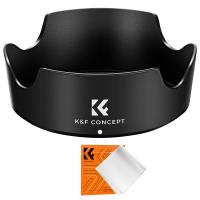
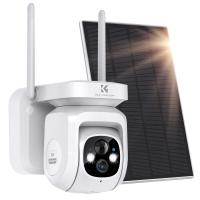
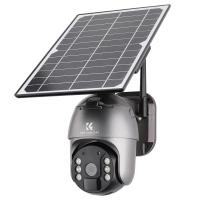
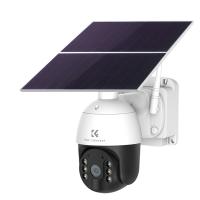
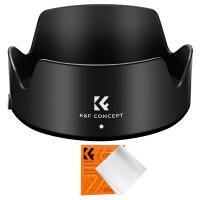
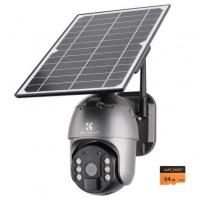
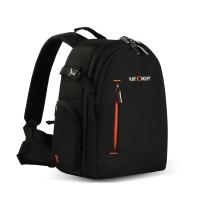


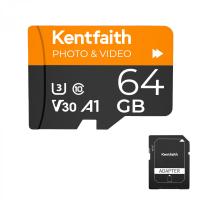
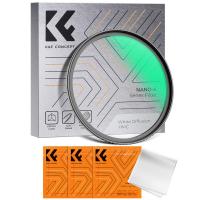
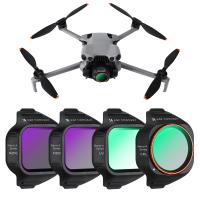


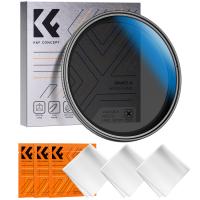
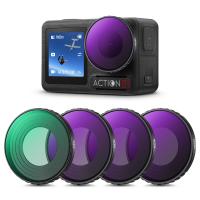

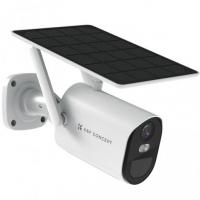
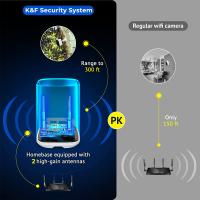

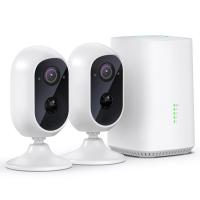
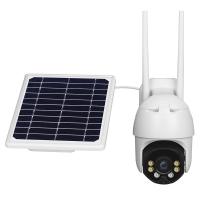
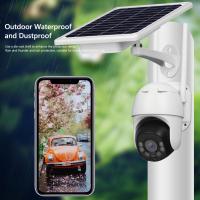


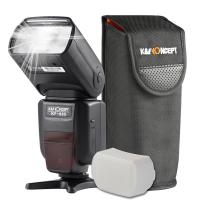
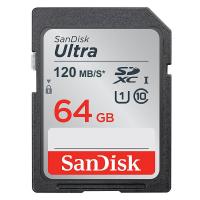

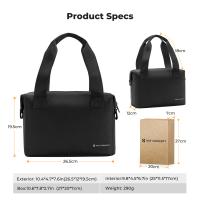
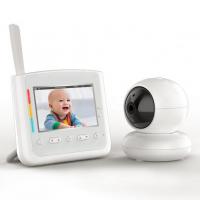
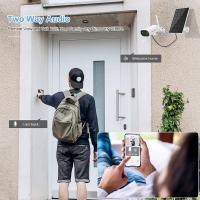
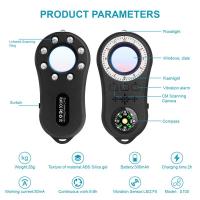
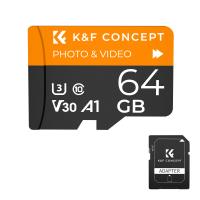

There are no comments for this blog.